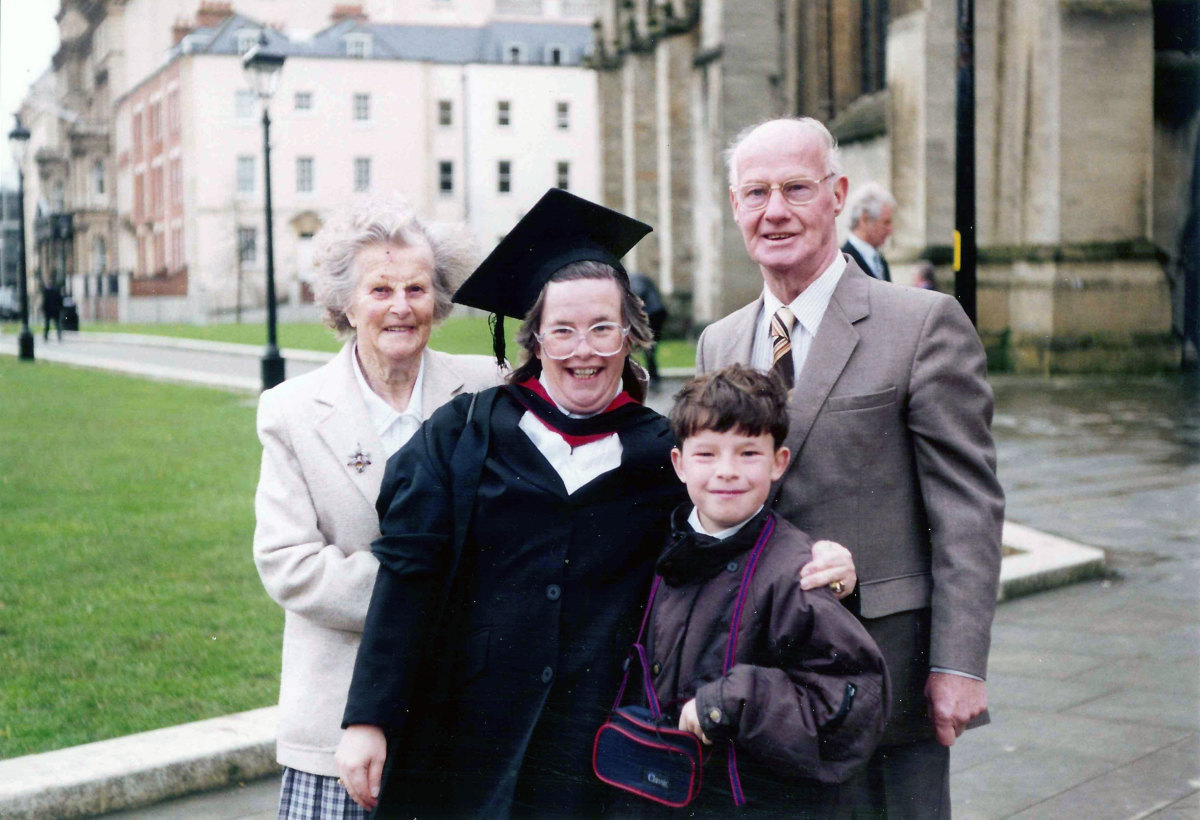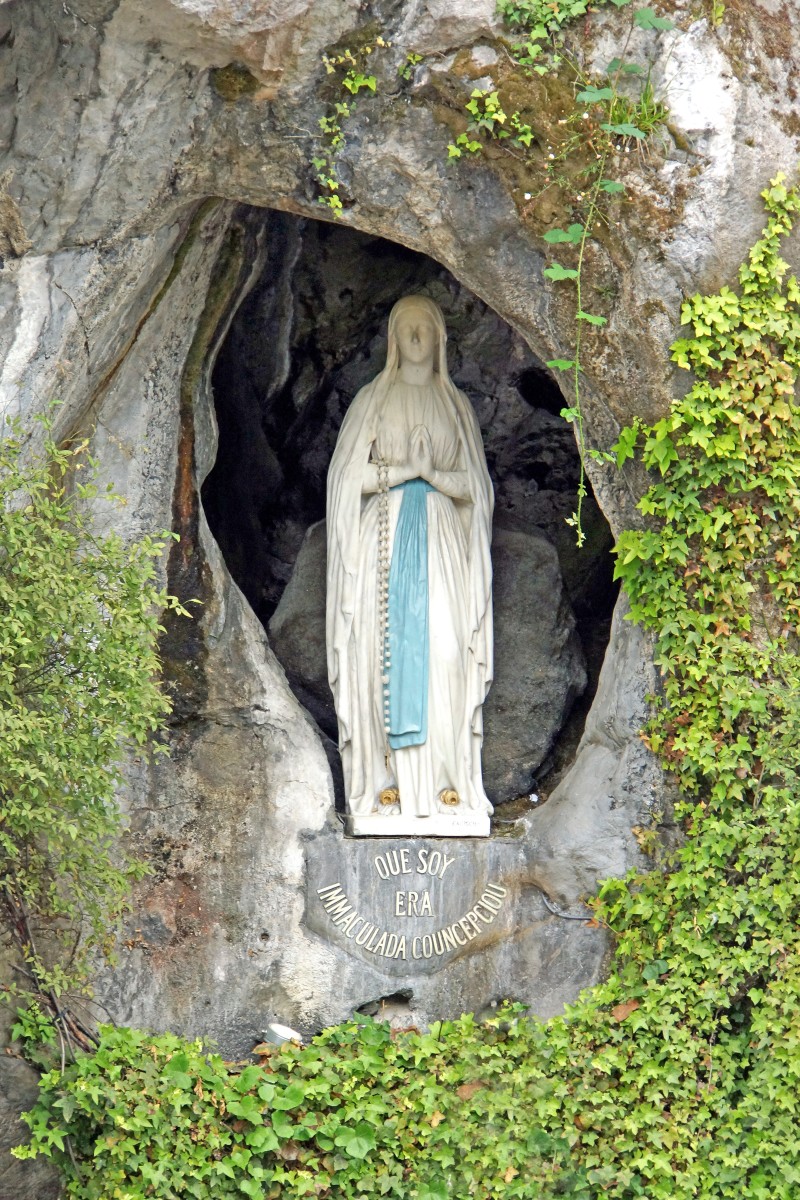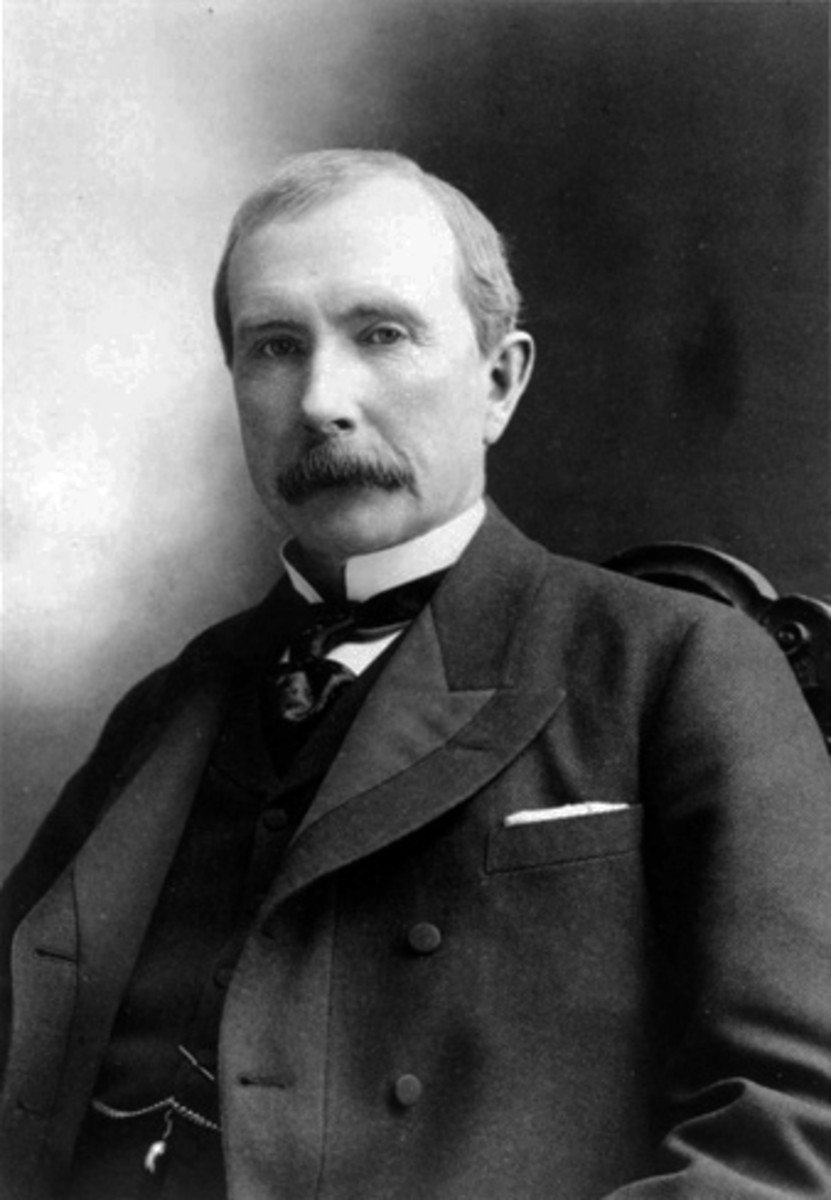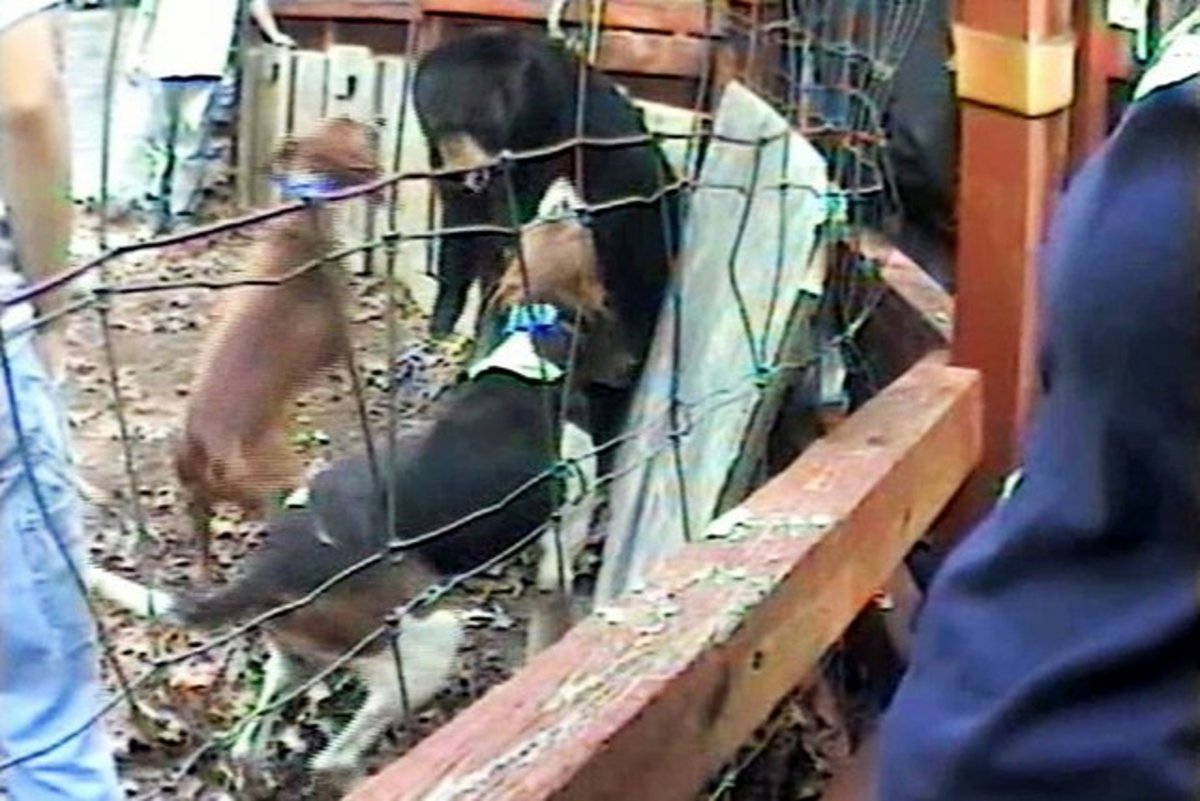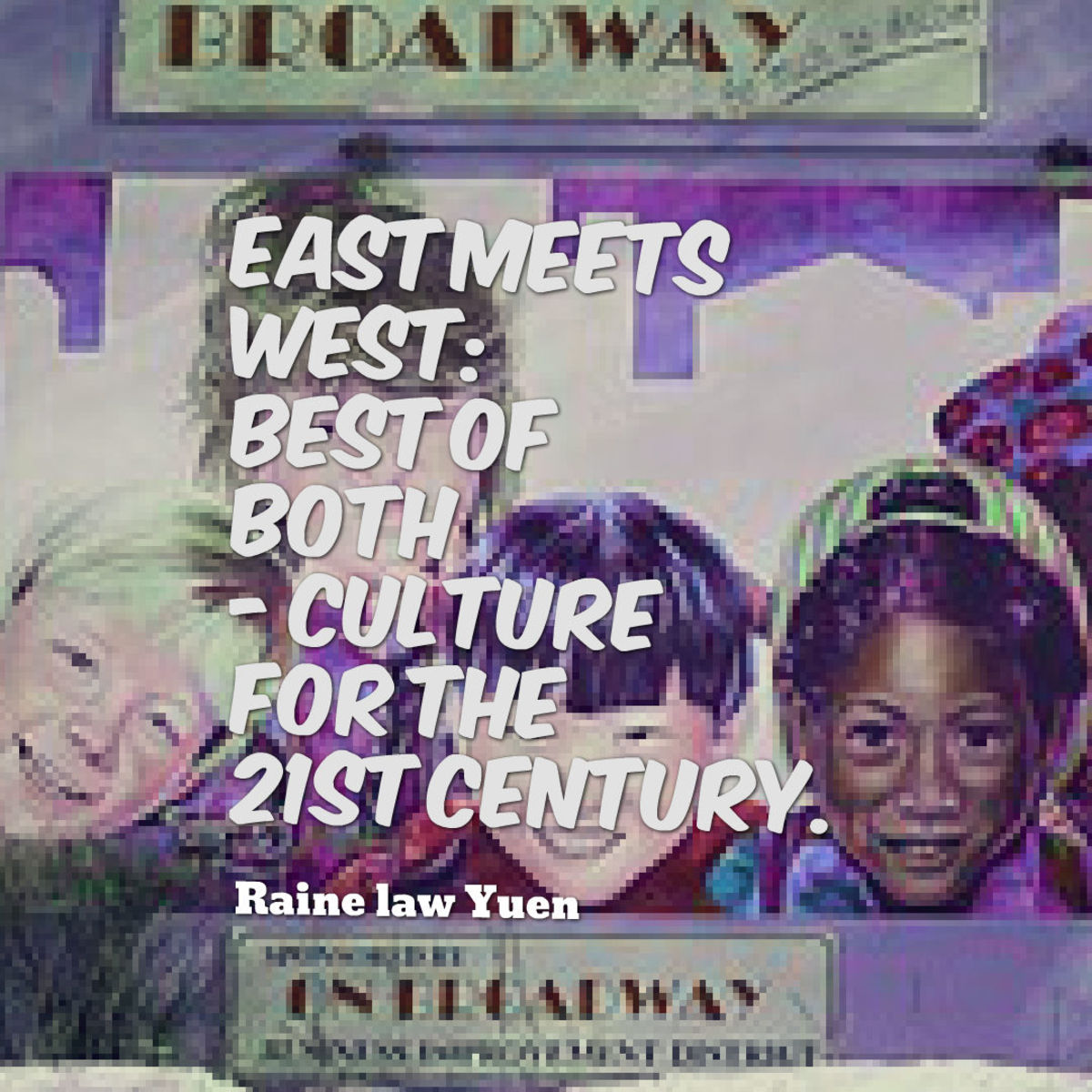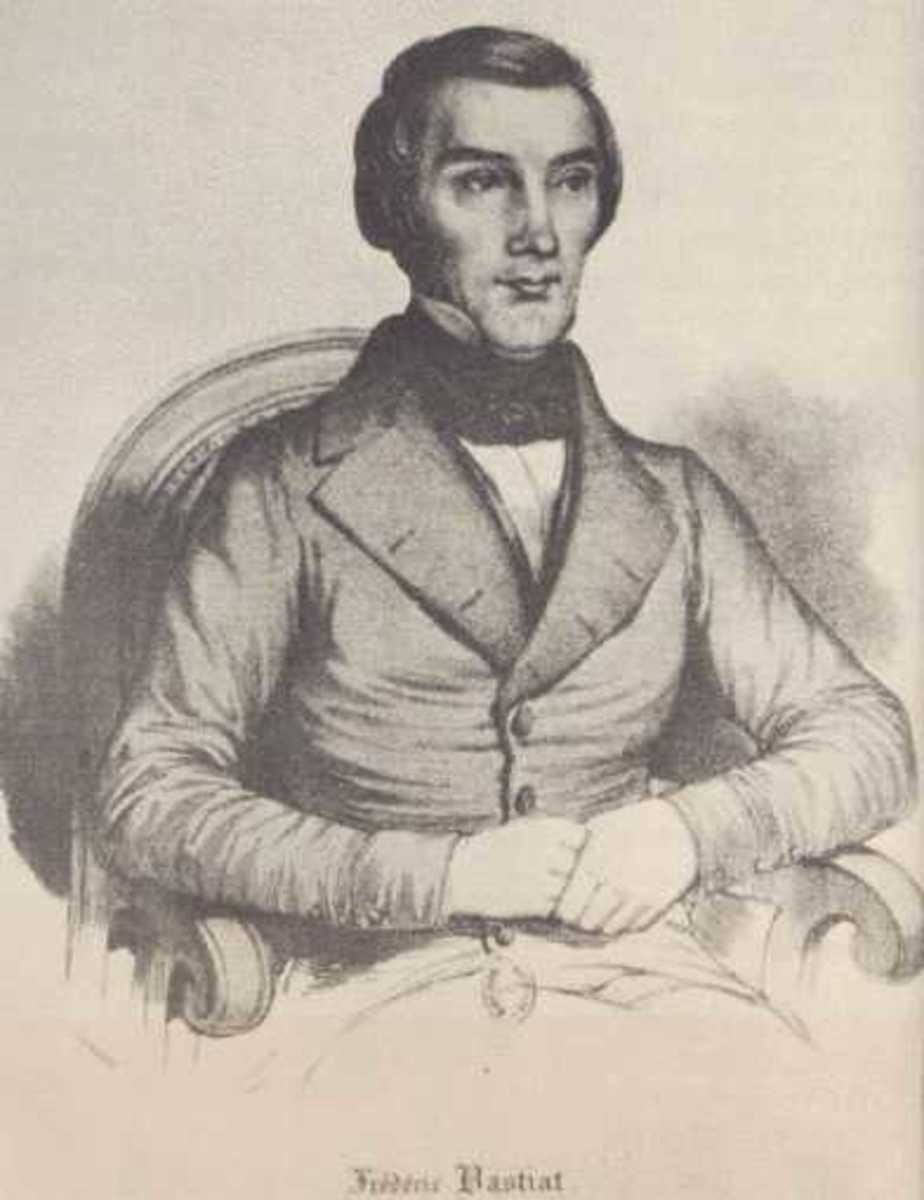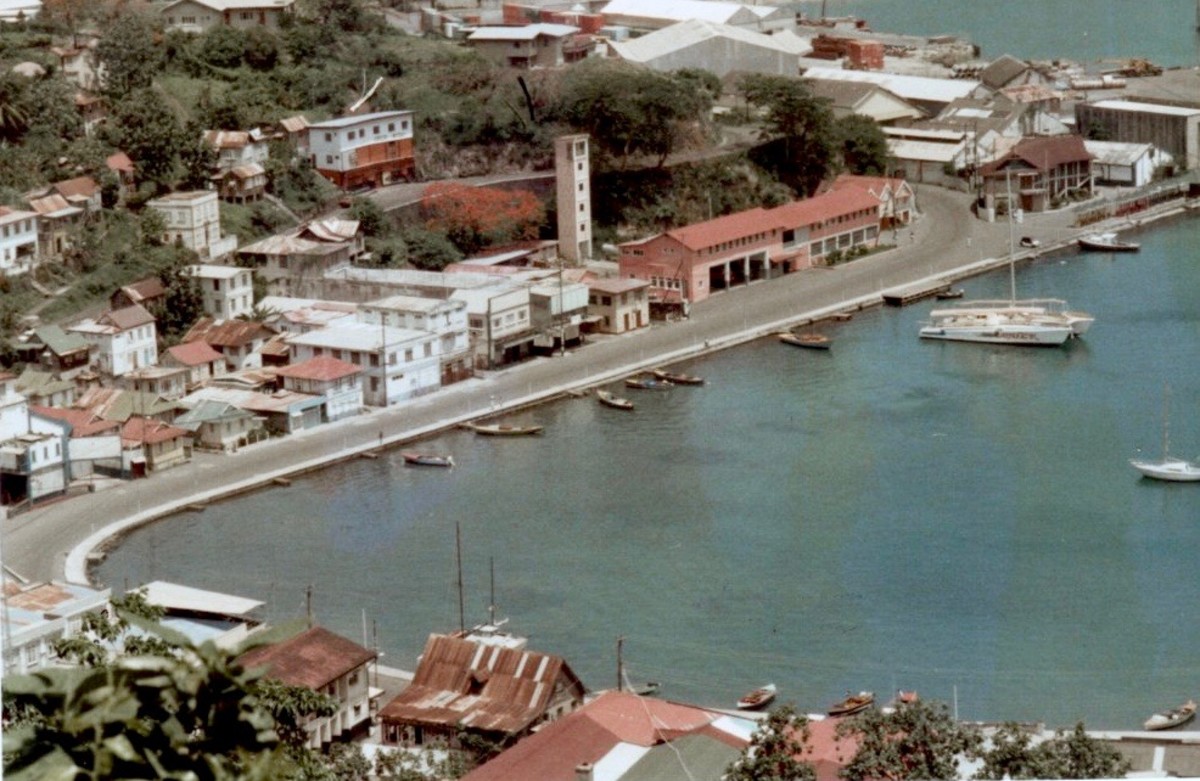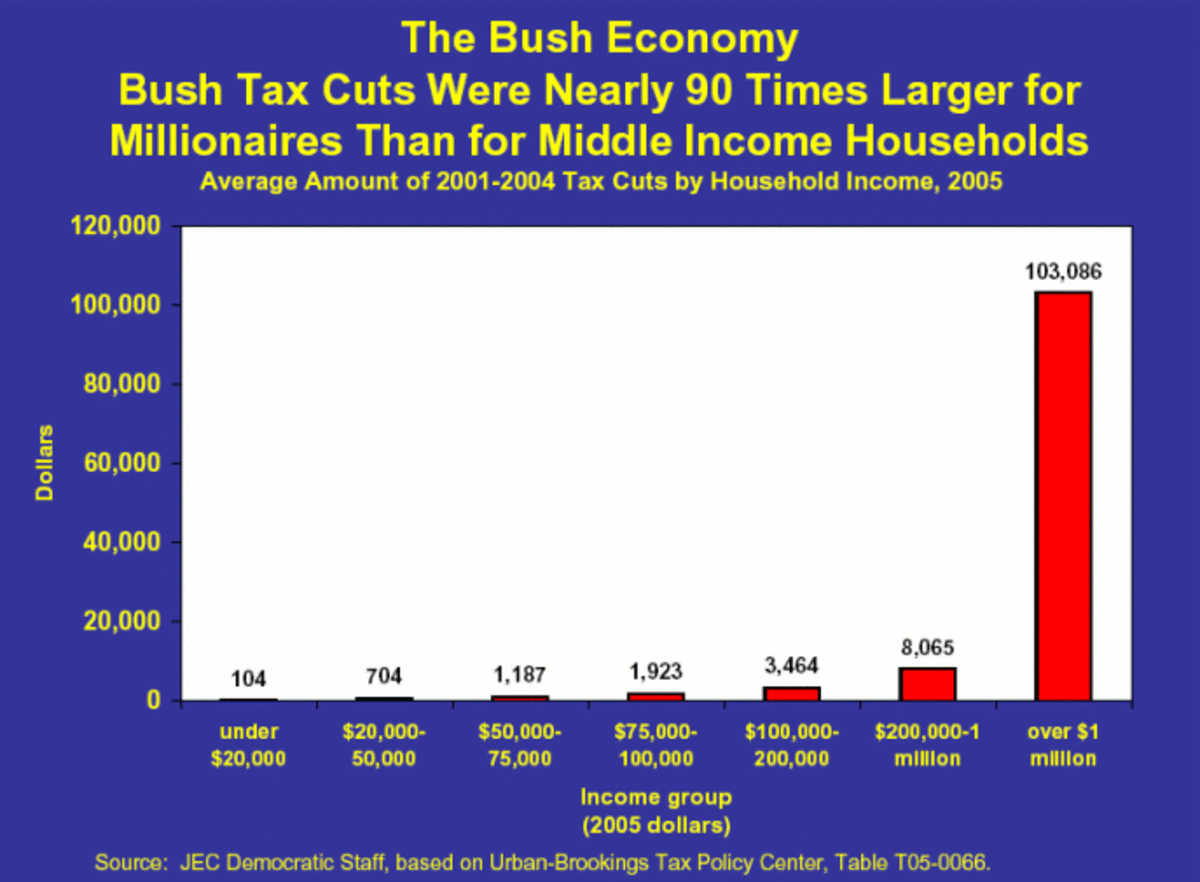21st Century Robber Barons-Part 1
Understanding the Terminology
cap·i·tal·ism/ˈkapətlˌizəm/
Noun: An economic and political system in which a country's trade and industry are controlled by private owners for profit.
so·cial·ism/ˈsōSHəˌlizəm/
Noun: A political and economic theory of that advocates that the means of production, distribution, and exchange should be owned or regulated by the community as a whole.
rob·ber bar·on
Noun: The term robber baron is the name given to one of the American industrial or financial magnates of the late 19th century who became wealthy by unethical means, such as questionable stock-market operations and exploitation of labor.
re·pub·lic/riˈpəblik/
Noun: A state in which supreme power is held by the people and their elected representatives, and which has an elected or nominated president rather than a monarch.
de·moc·ra·cy/diˈmäkrəsē/
Noun: A system of government by the whole population or all the eligible members of a state, typically through elected representatives. A government in which the supreme power is vested in the people and exercised by them directly or indirectly through a system of representation usually involving periodically held free elections.
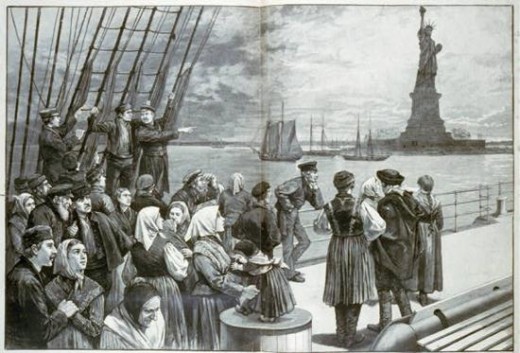
The Creation Of the Robber Baron
There were many factors, other than money, that created this group called the 'robber barons'. America was rich in natural resources such as oil, iron, and coal. We were steadily making technological advances which continually improved the processes that we used, as well as the machinery. During this period immigrants came in large numbers which not only added to the population, but also provided a workforce that was steady and, in most instances, worked for lower wages. The building and operation of our railroads was turned over to private interests, upholding the government's philosophy of not interfering in the private sector, thus creating an environment favorable to conducting business. The robber baron saw the opportunity that these factors offered him, and he acted upon them, turning them to his advantage and amassed huge fortunes. They reinvested their money in their businesses and made even more money. They called it capitalism.
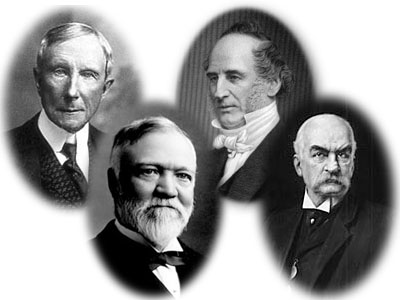
Who Were These Men?
The robber barons were financial and industrial tycoons of the late nineteenth century. Probably the most famous is the banker, John Pierpont Morgan. The others are oil industrialist, John D. Rockefeller; steel mogul, Andrew Carnegie; financiers, James J. Hill, James Fisk, and Jay Gould; and rail magnates, Cornelius Vanderbilt and Collis Huntington.
They were able to gain control of railroad companies, hire lobbyists to gain corporate subsidies, obtain land grants and even tax relief at both the federal and state level. They turned their business power into political power. They dominated the U.S. economy for decades until turn-of-the-century changes started to curb their influence. The Sherman Anti-Trust act was passed in 1890 making trusts (combinations of firms or corporations formed to limit competition and monopolize a market) illegal.
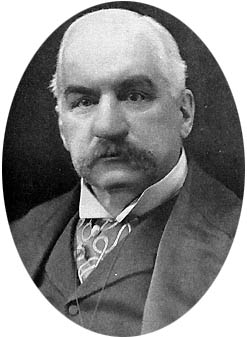
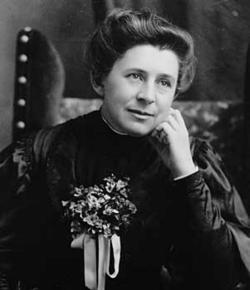
The Upside
Because of their great wealth, their money could make a difference where even the government was at a loss. In 1893 we were considered an emerging market and the dominant British investors decided to pull their capital out of America. This caused a lack of liquidity and was causing the U.S economy to collapse. Even though he was extremely unpopular at the time, JP Morgan's help was sought by the US Treasury secretary, John Carlisle. Morgan, with the aid of a syndicate of investors was able to underwrite a $62M bond with the U.S. government. The government paper was paid for in gold by the investors and the economy was saved. However, the fact that JP Morgan, et.al. made a nice profit, angered the people. In 1907 in spite of his lack of popularity, Morgan would once again bail out the government when there was a run on the banks. He and his banker friends put together a pool of money for banks who could not make payouts to their customers.
These men were sometimes referred to as 'patron saints' because of the large sums they gave to charity. They were known as philanthropists and credited as having a social responsibility because of their great wealth.
What Was the True Agenda?
What were the original robber barons truly about? Were they just business savvy men who did what any Business 101 student would be taught to do? Or were they something else entirely? One cannot discuss the robber barons without including Ida Tarbell and her exhaustive expose of John D. Rockefeller, Sr. http://www.history.rochester.edu/fuels/tarbell/MAIN.HTM She was fourteen years old when the South Improvement Scheme, a hidden agreement between the railroads and refiners, led by Rockefeller, hit the Pennsylvania Oil Region in 1872. But she would write about it in detail thirty years later.
According to American Experience, "The History of the Standard Oil Company" would be hailed as a landmark in the history of investigative journalism, as well as the most comprehensive study of the building of Rockefeller’s oil empire. In 1999 it was listed number five among the top 100 works of twentieth-century American journalism.
Of course we now know the truth about the 1907 panic with the banks (mentioned earlier) where JP Morgan saved the day. J.P. Morgan himself actually circulated rumors that a major New York bank had gone bankrupt. This caused a massive run on the banks. In turn, the banks started recalling all of their loans. The panic of 1907 resulted in a congressional investigation that ended up concluding that a central bank was "necessary" so that these kinds of panics would never happen again. Which was the goal all along.

